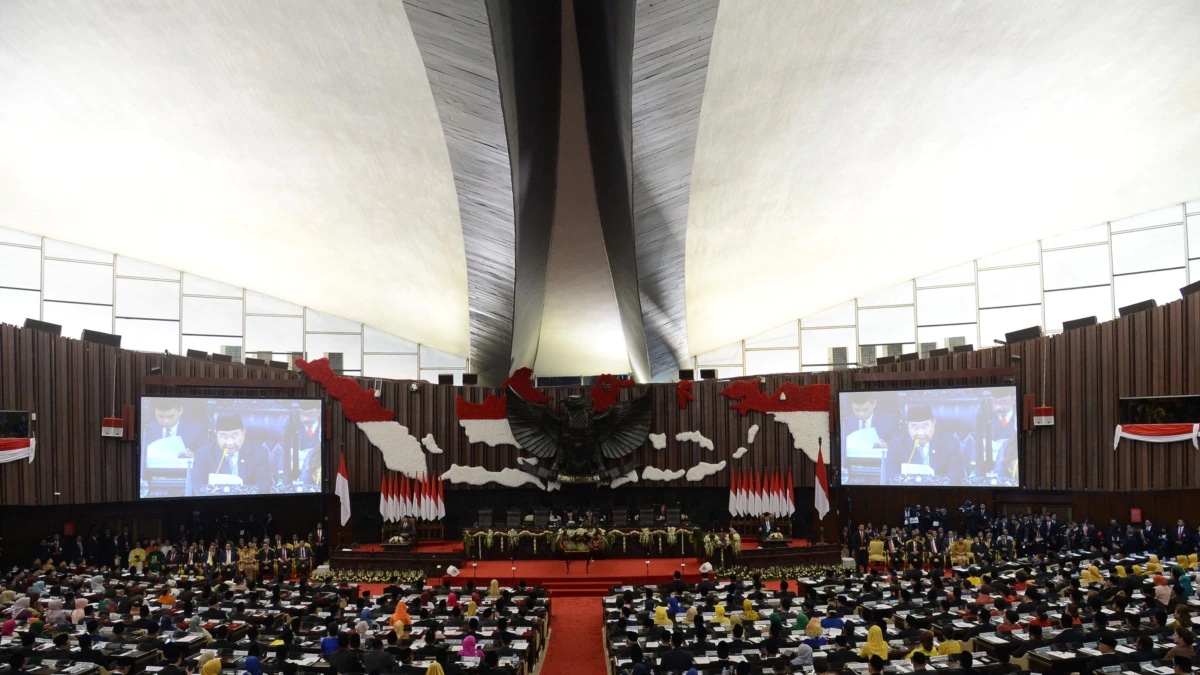The long-awaited financial sector reform Jakarta has been working towards has been approved. Here is what will change
Article by Aniello Iannone
After nearly three years of negotiations, the Indonesian House of Representatives approved the Financial Sector Development and Strengthening Reform (UU PPSK) on 15 December 2022. The reform, which will change the rules of financial law, especially for the investment sector, will be managed through an omnibus law, the type used for labour reforms in 2020 and 2021 for reforms related to the harmonization of tax regulations. The financial sector development and strengthening law (PPSK), which consists of 27 chapters and 341 articles, underwent essential changes in 17 articles.
The new reform will be the gold standard for the regularisation of businesses such as venture capital, carbon markets, and cryptocurrency markets. However, it will also regularise financial institutions such as banks, insurance centres, and gold banks. In addition, the new law reforms the competencies and powers of the Central Indonesia Bank (Bank Indonesia or BI), the Financial Services Authority (Otoritas Jasa Keuangan or OJK), and the Deposit Insurance Corporation (Lembaga Penjamin Simpanan or LPS).
Under the new law, Bank Indonesia can purchase long-dated government bonds in the primary market. In practice, the central bank can print money to finance government spending in a financial crisis that could threaten the national economy. Previously, BI bought government bonds in the primary market at an interest rate, became a reserve buyer if investors failed to reabsorb government bonds, and bought domestic bonds even at a 0% interest rate. This measure, called 'burden sharing,' was practised during the Covid-19 health crisis as the pandemic hit state revenues. Burden-sharing measures should only be used when necessary. Nevertheless, the new reform has become a non-stop policy in case of an economic crisis. However, it needs to be better explained in the reform what constitutes a state of crisis, meaning that the reform could be a tool if the government needs cheap tax revenue.
Instead, a prominent role was given to OJK, which was structurally reformed. OJK Board of Commissioners increased from 9 to 11 members. Chief Supervisor of Financial Institutions, Venture Capital Firms, Microfinance Institutions, and Chief Supervisor of Financial Sector Technological Innovation for Digital Financial Activities and Crypto Activities were created. The new law allows OJK to supervise and manage fintech and digital finance activities, including cryptocurrency markets. It is precisely cryptocurrency-related activities (previously managed by BAPPEBTI, the Commodity trading regulatory body) that fall under ITSK, as new forms of technology in the financial sector must be regulated and supervised. From now on, it is OJK that must manage them. In addition to OJK and BI, LPS has also changed its role. Initially, one of the main tasks of LPS was to guarantee public deposits in banks. In contrast, the Omnibus Finance Law mandates LPS to guarantee insurance policies.
Conclusion
Financial sector reform is long overdue in Indonesia. It aims to improve, secure, and accelerate a sector that in Indonesia, as Finance Minister Sri Mulyani Indrawati has said, relies on outdated regulations. Like other reforms, it also has some shortcomings. For example, it is still being determined who will be selected as directors of the three primary financial authorities, BI, OJK, and LPS. The law clearly states that they cannot be active leaders of political parties, but there is no actual mechanism to protect this principle.






